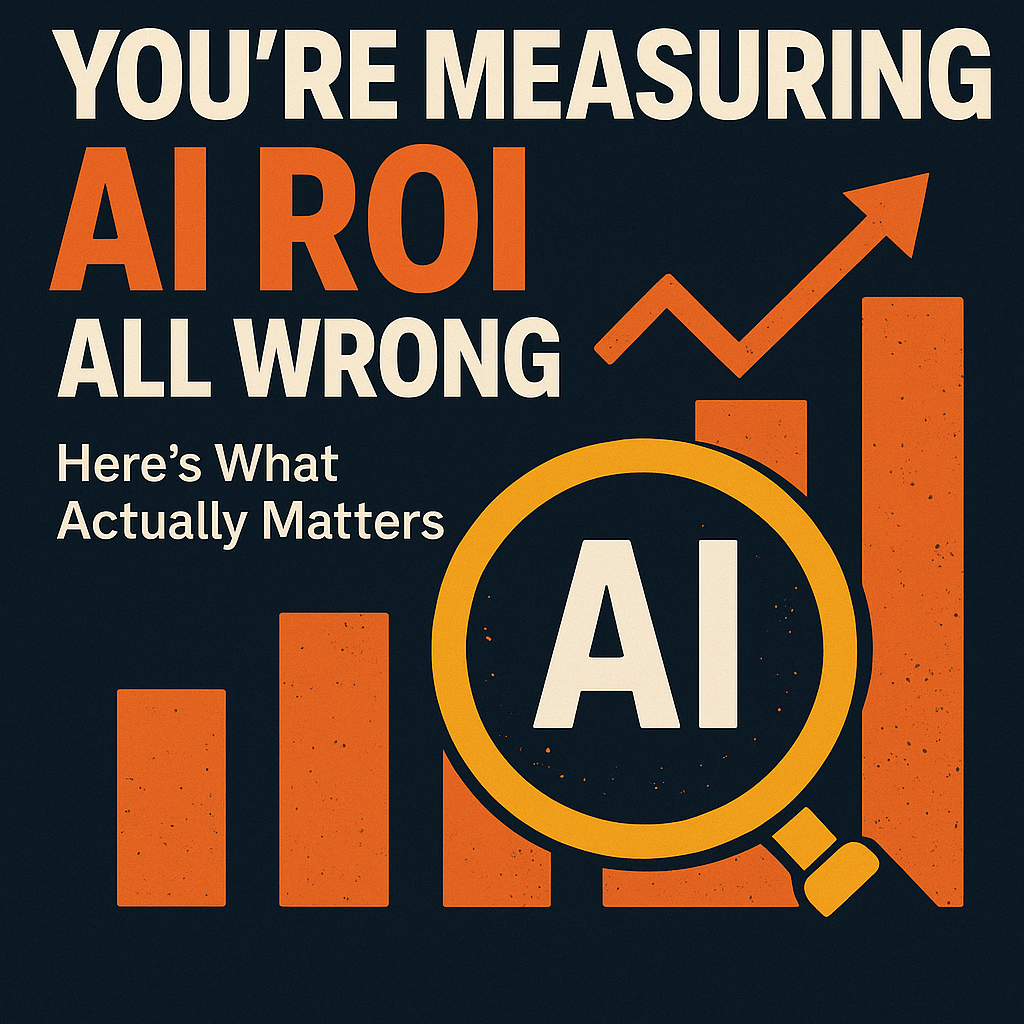Preparing Your Chicago Business for Digital Transformation Success
Digital Transformation Solutions In Chicago is an ongoing process that can help businesses remain competitive and resilient in the face of rapid change.

Introduction
In today’s rapidly changing business landscape, technology is the cornerstone of sustained growth and competitive advantage. Chicago companies, big and small, face immense pressure to embrace new tools and processes that improve efficiency and enhance the customer experience. Digital transformation is no longer optional — it’s a strategic necessity. Preparing your Chicago business for a successful transformation requires careful planning, a proactive mindset, and a commitment to change across all levels of the organization.
Understanding Digital Transformation in Chicago
Every city has its unique business environment, and Chicago is no exception. The Windy City’s diverse economy — spanning finance, manufacturing, logistics, healthcare, and technology — means that each company must chart its own path. Implementing Digital Transformation Solutions In Chicago requires an understanding of the local business culture, market expectations, and evolving technology trends that can help your business stay relevant and competitive.
But digital transformation is not simply about purchasing new software or launching a new app; it’s about rethinking your entire business to leverage digital capabilities. From automating manual processes and embracing data analytics to improving collaboration with customers and partners, Chicago companies that embrace digital innovation can better navigate disruption and seize new opportunities.
Assessing Your Business’s Readiness
Before jumping into any new tools or processes, take a close look at your company’s current operations. Begin with a readiness assessment that identifies your business’s strengths, weaknesses, and any technology gaps.
-
Examine your existing IT infrastructure: Are your networks and hardware up to date?
-
Analyze employee skills: Do your teams need training in data analytics, cloud computing, or other vital areas?
-
Review processes: What are your most manual, time-consuming processes that could benefit from automation?
By starting with a thorough assessment, you will establish a clear baseline that will help you focus your efforts and investments.
Setting Realistic Goals and Priorities
Transformation requires a clear plan. Once you have a good understanding of where you stand, set realistic goals that align with your business strategy. Prioritize initiatives that offer the most value, such as digitizing key customer touchpoints or streamlining back-office processes.
Create a roadmap with timelines and milestones so that everyone knows what to expect. Be sure to balance ambition with practicality — quick wins can build momentum, and small successes will encourage continued commitment to your transformation program.
Choosing the Right Technologies and Tools
With so many options on the market, choosing the right digital tools can feel overwhelming. Chicago businesses can leverage a wide range of solutions, from cloud computing and data analytics to CRM and marketing automation tools that fit their needs and scale as they grow.
When selecting technology solutions, focus on flexibility and integration. Systems that integrate easily with your existing tools will help minimize disruption and ensure a smoother implementation. Consider working with local IT consultants who understand the Chicago market; their expertise can help you make smarter decisions that align with your business goals.
Building a Skilled Team and Fostering Change
Your people are at the heart of your digital transformation. Even the most advanced technology will underperform if employees are resistant or lack the skills to use it properly. That’s why change management is crucial.
Invest in training programs that help your team gain new skills in areas like data analysis, automation, and cybersecurity. Encourage a culture of innovation where experimentation is welcomed and mistakes are seen as learning opportunities. Communication is equally important — share your vision for transformation with all employees and invite their input so they feel like they are part of the journey.
Data Security and Compliance
As you digitize operations and embrace new tools, data security and compliance must remain top priorities. Chicago businesses operate under industry-specific regulations and privacy laws that must be followed carefully.
Work with experienced security experts to conduct regular security assessments, implement strong encryption protocols, and ensure that your data is backed up and recoverable. Having clear policies and security best practices will help prevent data breaches and maintain customer trust, allowing you to scale your digital initiatives with confidence.
Measuring Success and Continuous Improvement
Once your new technologies and processes are in place, the work doesn’t end. Continuous monitoring and improvement are essential to staying competitive in the digital world.
Establish KPIs that help you track the effectiveness of your transformation — for example, increased sales, reduced operating costs, faster order fulfillment, or better customer satisfaction scores. Gather feedback regularly from employees and customers to identify areas for further optimization.
Schedule periodic reviews of your digital strategy and be prepared to pivot when new technologies emerge or market conditions change. Successful Chicago businesses embrace a cycle of innovation and improvement that keeps them agile and future-ready.
Conclusion
Digital transformation is an ongoing process that can help Chicago businesses remain competitive and resilient in the face of rapid change. By taking the time to assess your current state, plan strategically, and support your team every step of the way, you will be well-positioned for long-term success.
Whether you’re a startup looking to scale quickly or an established company preparing for the next stage of growth, investing in the right tools and processes — and the right people to drive them — will enable you to thrive in the new digital economy.





































































































![Building A Digital PR Strategy: 10 Essential Steps for Beginners [With Examples]](https://buzzsumo.com/wp-content/uploads/2023/09/Building-A-Digital-PR-Strategy-10-Essential-Steps-for-Beginners-With-Examples-bblog-masthead.jpg)





























![Senior Support Engineer - US West [IC3] at Sourcegraph](
https://nodesk.co/remote-companies/assets/logos/sourcegraph.f91af2c37bfa65f4a3a16b8d500367636e2a0fa3f05dcdeb13bf95cf6de09046.png
)

















